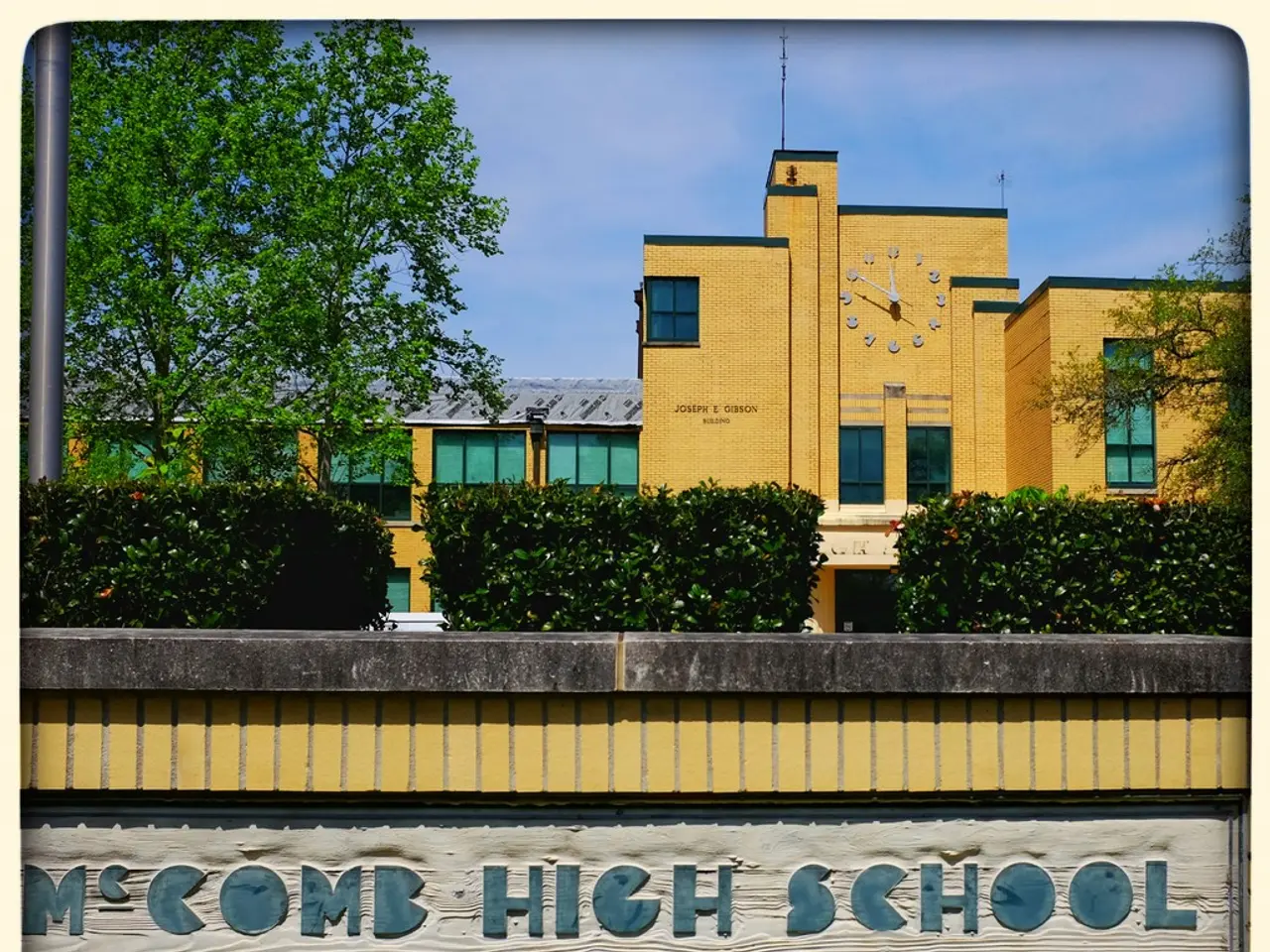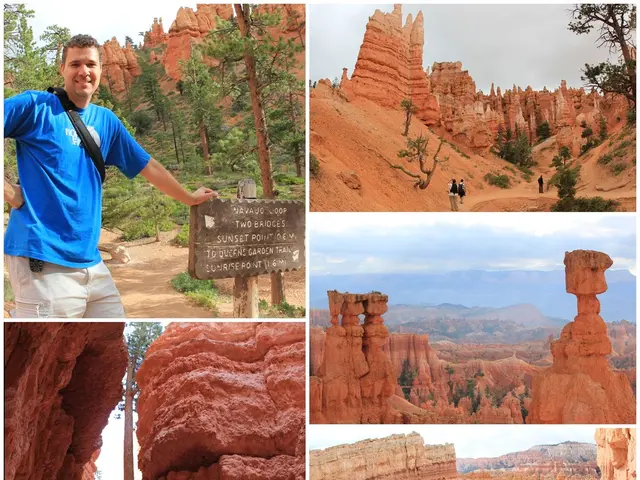Citizen science initiative encourages urban sustainability awareness among high school students in Catalonia
In the heart of Catalonia, a groundbreaking project titled 'Citizen Science und Nachhaltigkeit im B30-Gebiet' has been making waves. Led by the Hochschule Reutlingen and the Department of Chemical, Biological, and Environmental Engineering of the Universitat Autònoma de Barcelona (UAB), this initiative has been fostering collaboration between the scientific, educational, and institutional spheres, generating synergies that strengthen the impact of its work.
The project's primary aim is to equip the future generations, who will be the agents of change, with the knowledge and skills necessary to promote a positive impact on their community and the planet as a whole. To achieve this, it involves processes of observation, experimentation, and reflection between different generations.
The project network consists of educational centres, research institutions, and local administrations, working together to raise awareness about the sustainable management of resources in cities. It has received funding from the Ministry of Science, Innovation, and Universities, the Spanish Foundation for Science and Technology (FECYT), the UAB, the Cerdanyola del Vallès City Council, and the Àmbit B30 Association.
Over two years, two pilot activities were carried out as part of the project: one on analyzing the advantages of collecting and using rainwater, and another on the management of organic waste. The results obtained have been positive, with students understanding the importance of composting organic waste and using alternative water sources.
A citizen science repository was created, collecting all the materials used in the project, allowing schools and institutes to use these contents during their courses freely. More than 20 educational materials have been created as a result of the project, including scientific video capsules, didactic units, learning proposals, and data collection tools. These resources were designed jointly by teachers and researchers, allowing the scientific content to be adapted to the pedagogical context of each centre.
Fostering values such as responsibility, respect, and solidarity is important in environmental education, as it invests in a world that is more fair, balanced, and sustainable for future generations. The project's goal is to contribute to building a more responsible and environmentally conscious future by fostering critical thinking and reflection on the lifestyle we lead today.
Students from various schools participated in these activities, including Turó de Guiera, Bellaterra, and Collserola schools for primary school students, and Gorgs, Pere Calders, and Forat del Vent institutes for secondary school students. A total of 266 primary and secondary school students in Catalonia have participated in this environmental education project focused on sustainable resource management in cities.
The project sensitizes the educational community about the impacts of water use and organic waste generation in urban environments. Its ultimate goal is to create a more responsible and environmentally conscious future by empowering the youth to make a difference. The project, named 'Citizen Science and Sustainability in the B30 Territory' (CCS-B30), was led by the Institute of Environmental Science and Technology of the Autonomous University of Barcelona (ICTA-UAB) and the Department of Chemical, Biological, and Environmental Engineering of the UAB.







